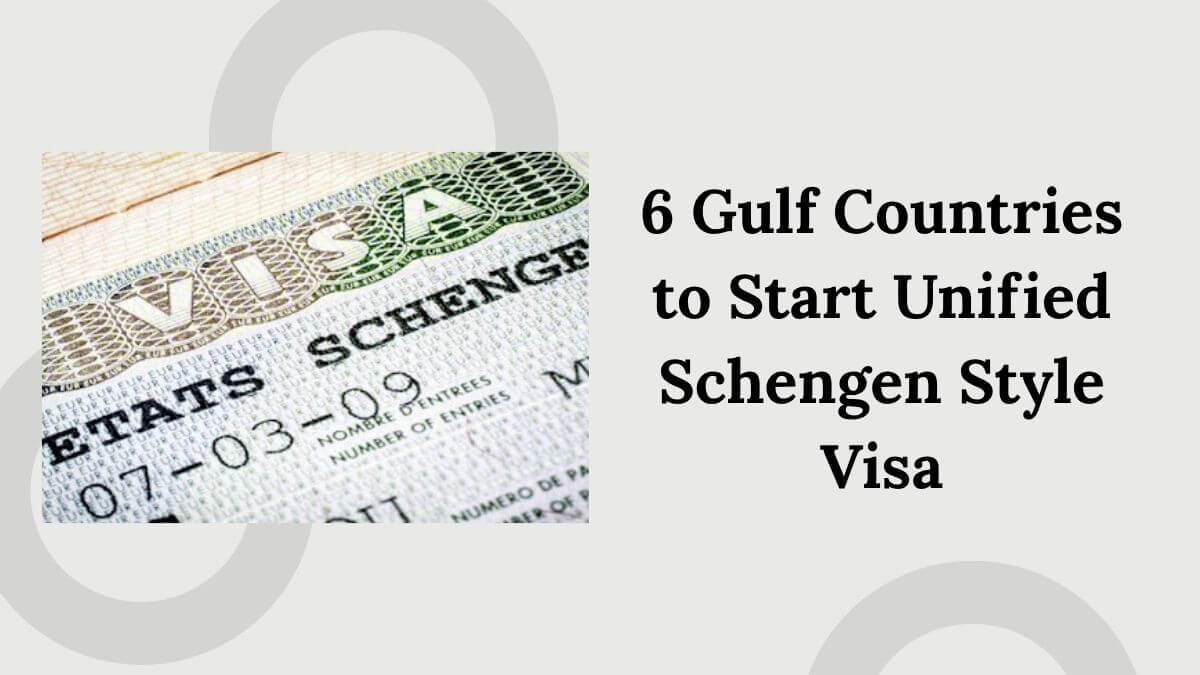Germany Long-Term Visa Process in 2025

The Germany Long-Term Visa (National Visa / Type D) is the ideal entry point for individuals who intend to reside in Germany for a period exceeding 90 days, regardless of whether their objective is to pursue education, employment, training, or reunion with family.
The following is a comprehensive 2025 step-by-step analysis that outlines the purpose, eligibility, work permission, application procedure, and processing timeline in a single, organized location.
Purpose of the Germany Long-Term Visa:
The National Visa of Germany is required for the majority of third-country nationals and is issued for stays exceeding 90 days. It enables you to enter Germany with the intention of obtaining a residence permit for the following purposes:
- Language courses or academic pursuits
- Vocational instruction or skilled employment
- Academic exchange and research
- Reunification of family members (spouse, child, dependent parents)
- The new Chancenkarte (Opportunity Card) or job-seeking
- Voluntary duty or an Au Pair stay
- Work-study programs
On arrival in Germany, citizens of countries such as the United States, the United Kingdom, Canada, Australia, New Zealand, Japan, South Korea, Israel, and Switzerland are eligible to enter visa-free and register for a residence permit.
Check Also: France Introduces New Visa Appointment Procedure
Who Can Apply? | Eligibility Criteria
If you meet the following criteria, you are eligible for a long-term visa to Germany:
- You intend to remain for a period exceeding 90 days.
- You have a legitimate justification (e.g., family, employment, or study).
- You possess a passport that is currently valid and was issued within the past decade.
- If you are applying from Ireland, you may demonstrate documentation of lawful residence in your current country (e.g., an Irish Residence Permit).
- You satisfy the specific prerequisites of the visa category for which you are applying, including a language certificate, university admission, employment contract, and so forth.
Fingerprints are mandatory, with the exception of minors under the age of 12.
Benefits of Germany Long-Term Visa:
- Legal Stay beyond 90 Days: Permits an individual to remain in Germany for a period exceeding three months, in contrast to a short-stay (Schengen) visa.
- Work Opportunities: Allows you to legally work in Germany as a skilled worker, self-employed, or through employment.
- Permanent Residency Pathway: You may be eligible for permanent residency or even citizenship after a few years on a long-term visa.
- Education Accessibility: Students have the opportunity to pursue university degrees or vocational training at a reduced cost in comparison to other countries.
- Family Reunification: Family reunion provisions allow you to bring your spouse and children.
- Freedom of Movement: Enables travel to other Schengen countries for a maximum of 90 days within a 180-day period.
- Social Benefits Access: The form of visa may determine access to healthcare, child benefits, and pension contributions.
- The Job Seeker Visa Option: You have the option to register for a Job Seeker Visa, which will grant you a maximum of six months to search for employment in Germany.
- Transition from Study to Work: Students who complete their studies in Germany are permitted to remain and pursue employment through a post-study work visa.
- Superior Quality of Life: Benefit from a well-organized, secure society, robust infrastructure, and consistent living conditions.
Can You Work in Germany on This Visa?
Certainly—subject to your visa category, you may:
- If you possess a work visa, you may commence employment immediately.
- Train or intern with a vocational or research visa.
- Utilize the Job Seeker Visa or Chancenkarte to locate employment opportunities.
- After completing your studies, you will be able to transition to a work visa.
Pro Tip: The national visa can be converted into a residence permit upon arrival in Germany, which will grant the ability to work and remain in the country for an extended period.
Processing Time in 2025:
Standard Timeframe: 4 to 12 weeks, but it may require several months depending on:
- Visa class
- Verification or examination of documents
- Submission completion
Processing does not include status updates.
How to Apply: The Short Process Explained
- Step 1: Choose the Right Category – Determine your objective (e.g., family reunion, employment, study).
- Step 2: Application Route – Please utilize one of the following methods to submit:
- VisaMetric: For certain family reunion cases, labor, study, and training
- Embassy: Language course, Chancenkarte, Au Pair, and family reunion with German/foreign spouse
- Consular Services Portal: Applications for numerous categories are submitted online.
- Step 3: Prepare Documents –
- Completed VIDEX National Visa Form
- Passport and photographs
- Evidence of the purpose of the stay (e.g., admission letter, job offer)
- Proof of domicile (e.g., a residence permit in Ireland if the applicant is based there)
- Visa fee (75 EUR + VisaMetric service charge if applicable)
- Documents must be genuine; falsified documents result in an immediate rejection.
- Step 4: Book Appointment
- Through the Embassy, in accordance with the category of your German visa.
- During the appointment, you will be required to provide biometrics, which include your fingerprints and a photograph.
- Step 5: Wait for Decision – Upon completion of the processing, your passport will be returned with either a refusal letter or the visa stamp.
Visa Validity & Travel Rights:
The duration of your long-term visa will be as follows:
- Display your exact name, passport number, and photograph.
- Indicate the dates and duration of entrance that are permissible.
- Permit temporary travel to other Schengen countries for a maximum of 90 days within a 180-day period.
Quick Facts Summary:
| Feature | Details |
|---|---|
| Type | Germany Long-Term (National) Visa |
| Valid For | Stay > 90 Days |
| Eligible Purposes | Work, Study, Family, Training, Research |
| Application Routes | VisaMetric / Embassy / Online Portal |
| Work Permission | YES (based on visa category) |
| Standard Processing Time | 4–12 weeks (can be longer) |
| Visa Fee | €75 (+ service charge if via VisaMetric) |
| Post-Arrival Actions | Register residence + apply for residence card |
| Travel to Schengen Area | Allowed (90/180 days rule) |
Frequently Asked Questions:
What is a Germany Long-Term Visa?
This national visa (Type D) enables non-EU citizens to remain in Germany for a period exceeding 90 days for the purpose of work, study, family reunion, or self-employment.
Who needs a long-term visa to enter Germany?
A long-term visa is typically required for non-EU/EEA/Swiss nationals who intend to remain in Germany for a period surpassing 90 days.
Where do I apply for the long-term visa?
Prior to your arrival in Germany, you must submit an application to the German Embassy or Consulate in your country of origin.



